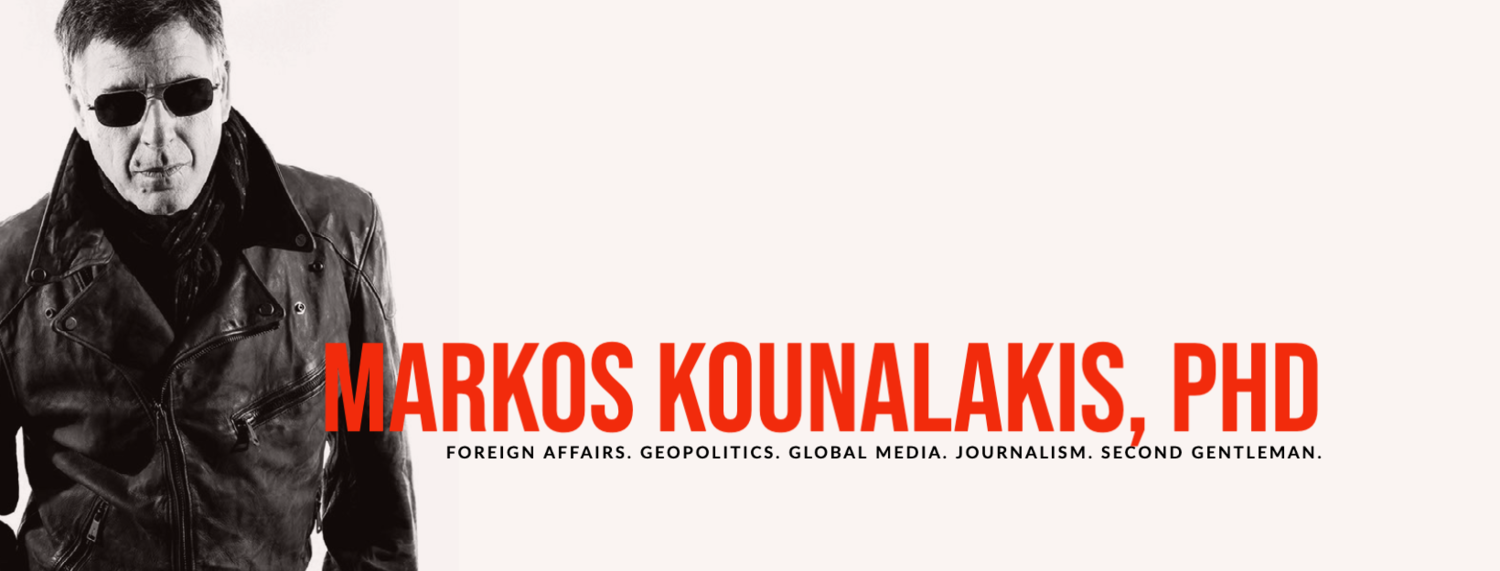China, Russia aren’t putting plans to exploit Antarctica’s resources on ice
New York continues to slowly open up after being the nation’s hottest of COVID-19 hotspots while the incidence in Brazil spikes, and cases explode in Latin America and South Asia.
There is one place, however, that has been far from infections and safe from the need for serology testing: Antarctica. It’s not exactly a holiday destination, but this continent is sparsely inhabited, plays an important global research role and, so far, is safe from nearly every disease known to man. If the hot zone is where disease can break out, the frozen zone of the South Pole is where human disease rarely ventures.
Antarctica, however, also happens to be the least hospitable place on Earth. That doesn’t mean that adventurers, researchers and nations stay away. In fact, it is an attractive continent for explorers who care to trek on pristine ice. It’s also a perfect laboratory for investigating geologic history, climate change and whales, and for filming cute movies about penguins. READ MORE




